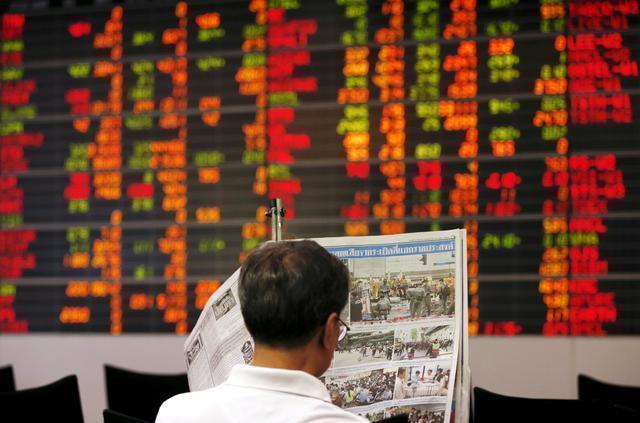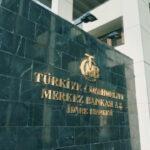The Central Bank cut the policy rate by 150 basis points from 12% to 10.5%, above market expectations. The Monetary Policy Committee (PPK) indicated that the interest rate will be cut to a single digit, 9%. Its statement read that it considered taking a similar step in the following meeting and ending the rate cut cycle for 2022.
The rate cut cycle, which started in August, directly affects banks’ TRY deposit interest rates. Thus, interest rates for the FX-protected TRY deposit accounts and TRY deposits will decline by 150 basis points. This will pave the way for banks to have more difficulty in achieving targets for the required TRY deposit ratio, according to banking sources. The rate cut will also lead banks to acquire more government bonds and the Treasury to borrow at single digits.
The bank reduced the policy rate per growth and employment, and financial measurements are critical for this, according to analysts. They also said the Treasury’s low-interest rate funding will support the growth desired by the Central Bank.
The U.S. is increasing pressure on foreign trade between Turkey and Russia, which is under western sanctions, according to daily DUNYA. In addition to the systems set up between Turkey and Russia, such as parallel import and re-export, the hike in the establishment of Russian-capital companies in Turkey is concerning the West. A delegation consisting of U.S. senior officials warned of the ‘sanction risk’ at a recent meeting held at the Union of Chambers and Commodity Exchanges of Turkey (TOBB) and Foreign Relations Economic Board (DEIK). The ‘blockade also extends to logistics operations carried out through maritime and road transportation.’ Non-tariff barriers are created for Turkish trucks to slow goods flow, the transfer of some goods is being disallowed at border points, and some ship owners are cautious to send ships to Russia.
Turkey’s benchmark stock index ended yesterday at 3,900.85 points, hitting another all-time high. Borsa Istanbul’s BIST 100 index gained 0.53%, or 20.51 points from the previous close, with a daily trading volume of TRY 95.9bn. Bond yields, which increased again with the concerns over inflation and recession around the world, have reversed their risk appetite, according to analysts. They also emphasized that central banks will likely implement ‘hawkish’ policies. Analysts said 3,800 points will be the support level and 3,950 points will be the resistance level for the BIST 100 index, in technical terms.
The parliament is expected to pass Turkey’s climate law this year, according to Environment, Urbanization and Climate Change Minister Murat Kurum. “We will also complete our updated, nationally determined contributions and the country’s long-term climate strategy by the end of 2022,” Kurum said. Turkey has accelerated its steps in the fight against climate change with the ratification of the Paris Agreement in October 2021, when its net zero pledge by 2053 was confirmed.
DAILY AGENDA
The Consumer Confidence Index increased by 5.3% to 76.2 in October, compared to the previous month, according to the Turkish Statistical Institute (TurkStat).
The number of newly established companies surged by 27.9% and the number of liquidated firms climbed by 25.8% in September, compared to the same month last year, according to TOBB.
The Agricultural Input Price Index (Agriculture-IPI) jumped 135.06% in August, year-over-year, according to TurkStat. Agriculture-IPI rose by 1.64% on a monthly basis.
Meanwhile…
>> The Central Bank’s international net reserves rose by USD 1.64bn to USD 14.08bn in the week ending on October 14, compared to the previous week. The bank’s total reserves surged by USD 2.05bn to USD 116.02 in the same period, reaching they highest level of this year.
>> Foreigners’ net equity and government debt securities outflow from Turkey reached USD 169.2m, USD 16.9m, while their corporate bond acquisitions totaled USD 600,000, in the week ending on October 14, according to the Central Bank.
>> Residents’ FX deposit accounts increased by USD 1.34bn in the week ending on October 14, compared to the previous week, according to the parity-adjusted data from the Central Bank.
>> The banking sector’s total loan volume surged by TRY 41.63bn to TRY 6.88tr while its total deposits climbed by TRY 66.44bn to TRY 8.53tr in the week ending on October 14, compared to the previous week, according to the Banking Regulation and Supervision Agency (BDDK).










